
New app would monitor mental health through “selfie” videos, social media
In a paper to be presented this week at the American Association for Artificial Intelligence conference in Austin, Texas, computer science professor Jiebo Luo and his colleagues describe a computer program that can analyze “selfie” videos recorded by a webcam as the person engages with social media.

Molecular clouds show off potential, beauty of data visualization
“Simulated molecular clouds are beautiful, intricate, and ever-changing — properties that make them ideal candidates for high-powered visualization,” wrote PhD student Erica Kaminski about her award-winning images.
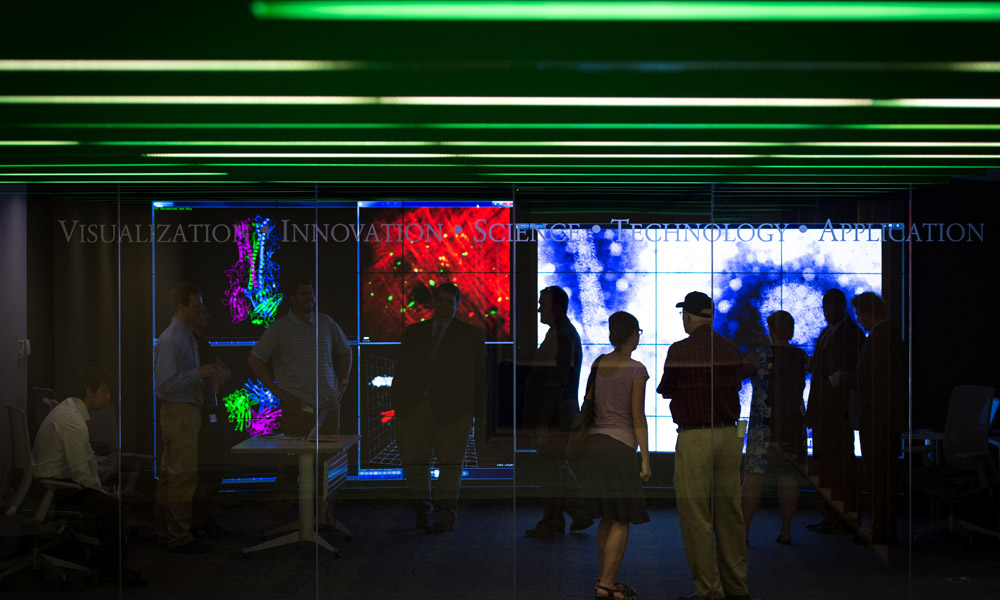
University of Rochester previews new data visualization lab
The new VISTA Collaboratory, located in the Carlson Science and Engineering Library, completes a high performance supercomputing system on a massive scale and is one of only a handful of similar labs in the U.S. The display consists of an array of 24 monitors, is 20 feet wide and 8 feet tall, and has a resolution approaching that of IMAX theaters.
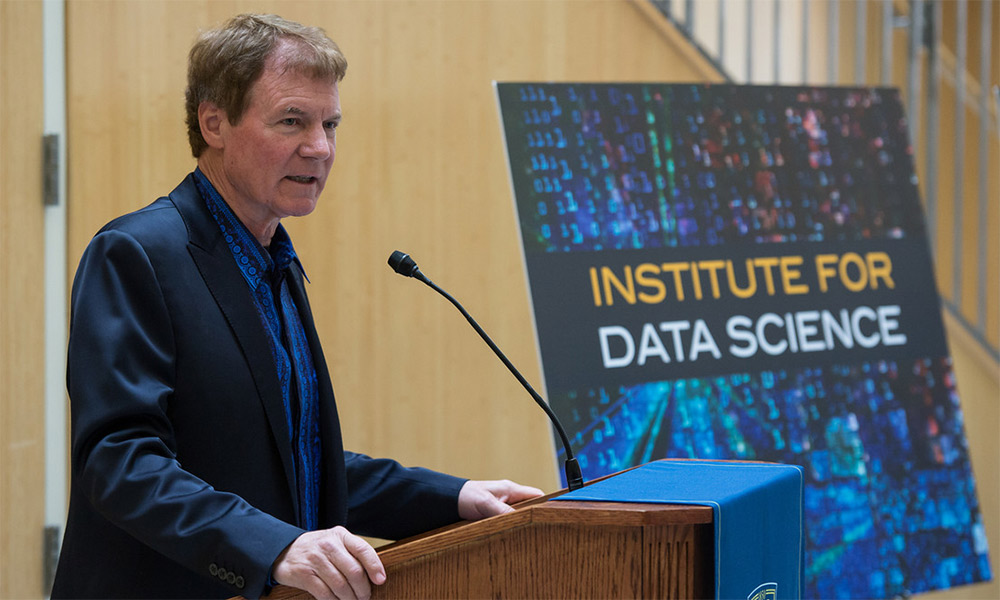
Wegman Foundation gives $17 million to University
The Institute for Data Science and the Golisano Children’s Hospital campaign are flagships of the $1.2 billion goal for The Meliora Challenge: The Campaign for the University of Rochester.
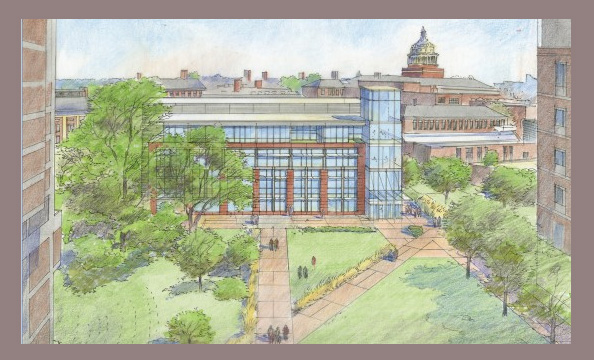
Rochester commits $100M to data science
The commitment includes creation of an Institute for Data Science, construction of a state-of-the-art building to house it, and as many as 20 new faculty members.

Tracking Tweets to Enhance Food Safety
The system combines machine-learning and crowdsourcing techniques to analyze millions of tweets to find people reporting food poisoning symptoms following a restaurant visit.
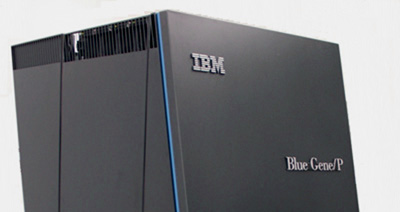
Bringing “All Hands on Deck” on Big Data
Modeling future climates or using genomic analysis to understand the mechanisms of cancer both require analyzing vast or very complex data, and exploiting the opportunities of “big data” is one of the biggest challenges in computing.
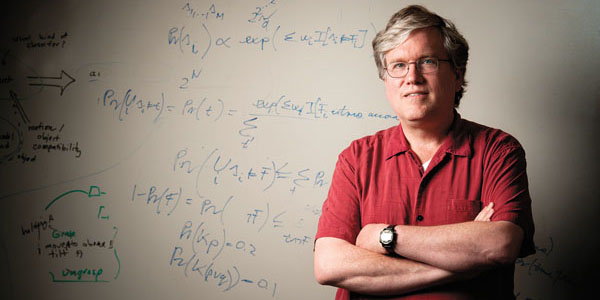
What’s Big Data Got to Do with It?
A lot, as it happens. Henry Kautz, chair of the computer science department, and his colleagues have shown that Twitter messages can be harnessed to predict the spread of infectious diseases, for example.
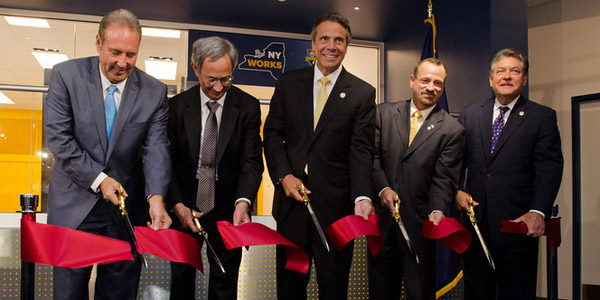
University Inaugurates New Era of Health Care Research
The new IBM Blue Gene/Q supercomputer unveiled last week at the University’s Health Sciences Center for Computational Innovation (HSCCI) is one of the nation’s five most powerful university-based supercomputing sites.
